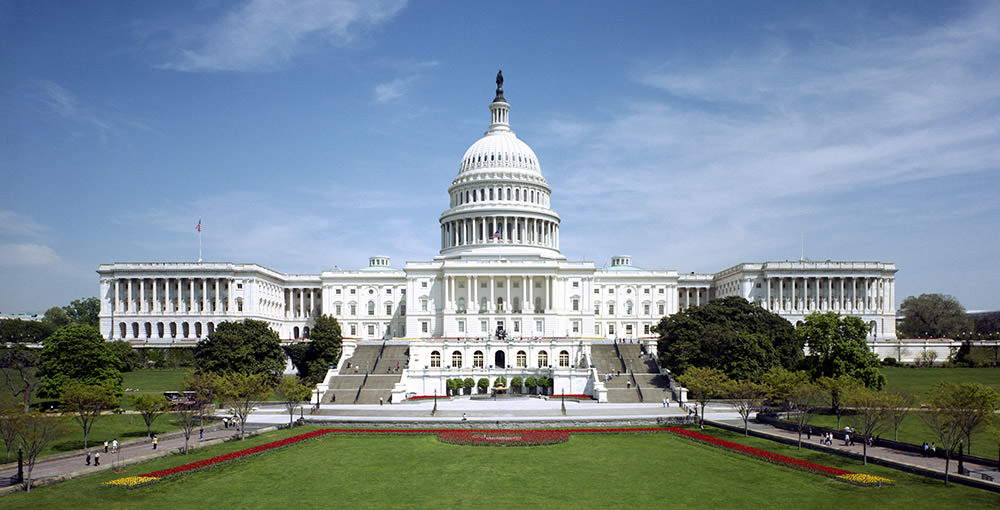CBD and Weight-loss. Will it help?

At some point nearly everyone undertakes a quest to lose body weight. Sometimes people are looking to lose a couple of pounds and sometimes even a couple hundred. Endless pills promise overnight results, diets claim “you’ll drop pounds without even trying” and the latest and greatest exercise fads guarantee to help you target those “stubborn areas.” Amid all the chaos you’ll even find CBD being promoted as an obesity fighter. Is CBD oil for weight loss worthwhile or just more unfounded promises? Let’s discuss…
Calorie Deficits and Calorie Use
At Utopius, our position on weight loss is simple: In order to achieve weight loss you need a calorie deficit. In other words, you need to take in fewer calories than you use. The process of using or burning calories will be a topic for another day, but the short version is this: A calorie is a measurement of energy. As your body operates it consumes energy. When it uses more energy than it’s given it begins to pull from reserves such as fat and this results in loss of weight. The process of burning energy is always happening (basic metabolic functions such as breathing and your heart beating use energy) but it can be expedited by movement- walking, running, swimming. The more you move the more calories you burn! Of course, you can counteract basal and activity-based caloric consumption by eating food. But too much food results in a calorie surplus and so you will gain weight. Does CBD play any role in the process of metabolic functions, exercise or anything else that’s related to weight loss? Let’s take a look!
What is CBD?
First let’s recap what we’re talking about when we say “CBD.” CBD is the abbreviated term for “cannabidiol” which is a compound retrieved from the cannabis plant family. “CBD” is popular in oils (both oral and topical), creams, and even comes in sprays and in foods (although the legality of food-based CBD products remains questionable).
The effects of CBD may include a number of benefits such as chronic pain relief, reduction of anxiety and as a way for the body to support naturally regulated heart function and brain functions. CBD also appears to have anti-inflammatory properties which may also be beneficial. As of right now there doesn’t seem to be much research related to CBD and its potential effects as a weight loss agent.
In the cannabis plant there are typically over one hundred different compounds that can be found. CBD is the second most common cannabinoid, the first being tetrahydrocannabinol, also known as THC. Up to forty percent of the cannabis plant’s extracts can be CBD. The CBD extract does not generally have hallucinogenic properties (i.e. you’re not going to get a high). That being said, CBD will interact with your body in other ways.
It’s possible that CBD stimulates certain receptors in the body which help reduce anxiety, pain and works to reduce inflammation. CBD can stop the breakdown of anandamide. I know what you’re thinking, “That’s too good to be true… but what is anandamide…?” This compound is named after the Sanskrit word ananda, which translates to “joy, bliss, delight.” It can interact with your cannabinoid receptors in a way that mimics THC. By preventing the breakdown of anandamide, CBD potentially allows this substance to remain in your body longer which prolongs the associated feelings of well-being. That doesn’t necessary effect your weight loss but you may feel slightly happier when you’re hungry (being “hangry” is a real struggle).
CBD and Cytokines
CBD can assist the body in the regulation of cytokines, which are messenger molecules that communicate information between cells. Among other functions, cytokines interact with the immune system to aid the body in deciding how to respond to infections and diseases. For example, if your body produces too much of a certain type of cytokines the result can be inflammation. In theory if the cytokines are appropriately regulated, over inflammation (as well as a host of other maladies) can be prevented.
So the next question is: Does reducing inflammation or the potential for disease help me lose weight? The short answer is that appropriately functioning system will be more efficient and have more potential for healthy activities such as exercise. By reducing inflammation you may increase your ability to do activities that are associated with calorie burning weight loss such as walking, yoga, and other calorie burning pursuits. You really don’t want to lose weight by having a disease.
CBD and Depression
I can only speak for myself but when I’m depressed I tend to eat too much. There is some research to suggest that CBD may help treat some depression. However, in this instance, the studies are not in depth enough to know if CBD is an effective treatment so we’re certainly not advocating the use of CBD as an antidepressant. However, if you find it’s beneficial in alleviating moods then you may find that you have the presence of mind to skip junk food and eat more sensibly.
CBD and Metabolism
The network in the body that processes compounds like CBD is called the endocannabinoid system. Part of this system includes receptors labeled CB1 and CB2. In addition to being located in the brain these receptors are also found in the digestive tract and it’s possible that CBD may have an influence on biological functions such as hunger and metabolism.
But this effect may go both ways; In other words, just as it’s possible that CBD can have positive influences, it’s also possible that it could have negative influences. For example, CB1 receptors can be over-activated by the using too much tetrahydrocannabinol (THC) leading to, among other things, higher appetite (this has to do primarily with olfactory alterations- your smell). If you’re familiar at all with the potential side effects of THC you may have heard someone talk about the “THC munchies.”’ However, not all cannabinoids have this same effect.
CBD may differ somewhat from THC in that it could potentially keep CB1 receptors from overreacting. By and large CBD is a CB1 inhibitor and has the potential to keep the receptor from activating at all which could work to reduce appetite and increase metabolism.
A study from the Journal of Molecular and Cellular Biochemistry observed that CBD could-
- Increase the body’s potential for consuming calories by enhancing the activity of cell-based mitochondria
- Reduce the protein levels that the body uses to create fat cells
- Aid in fat “browning” by causing genes and protein stimulation that assist with breaking down and oxidizing fat cells. “Whoa!” you’re saying. “What on earth is ‘browning‘? I had no idea CBD weight loss stuff was going to be so complicated, I just want to be skinny.”
CBD and Weight Gain
You have two types of fat cells inside your body: white and brown. The white fat cells are the most predominant and assist with storing and providing energy. They act as an insulation and cushion for various organs. Unfortunately, white fat cells are often the type most often linked with illnesses like heart disease and diabetes. Brown cells, however, aid in the generation of heat by using calories. People with a healthy level of weight usually have more brown cells than people who are overweight. White fat cells can be converted to brown cells by various healthy endeavors like exercise and getting plenty of sleep. Research tentatively suggests that CBD could also assist in this conversion process although it’s not reliable enough to bet the farm on at this point.
One last thing to consider is the delivery system for CBD. Many popular CBD products are oil-based or come in gummy form. Although insignificant in their caloric content, these products do contain calories. However, a brisk walk can counteract this tiny amount of calorie intake. You should stop reading and take a brisk walk right now (actually, take a moment to visit www.smallandsimplechallenge.com and pick one of the simple exercises to try).
I think it’s obvious that CBD is not THC although it’s still somewhat unclear what overlap they have regarding their ability to affect metabolism, olfactory senses, etc. However, studies have shown that although THC has a propensity to increase appetite studies show those who consume THC are generally less overweight. It is possible that CBD has some of the same properties that cause this effect. Also if the products you consume are from a whole plant hemp oil they will contain a small amount of THC as well as CBD. These products will be labeled as full spectrum.
Should I Try CBD for Weight Loss
It can be frustrating to not have all the answers, and to have to make decision based around endless, incomplete and even conflicting scientific studies. Utopius will always advocate healthy eating and appropriate exercise first and foremost. Past that we suggest that you determine what role, if any, CBD should play in your weight loss quest. If you try it and determine it has beneficial results as you strive toward a healthy weight that’s fantastic! If it facilitates the reduction of anxiety, elevates mood or reduces inflammation these may all be effective methods that will help you toward your goal.
Let us know if hemp derived CBD has worked for you as a weight management or weight loss tool in the comments. If it hasn’t let us know what you are doing to stay in shape and achieve or maintain a healthy body weight.
UTOPIUS
564 W 700 S #101
Pleasant Grove, UT
385.440.1155



